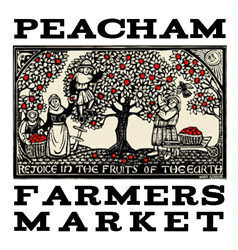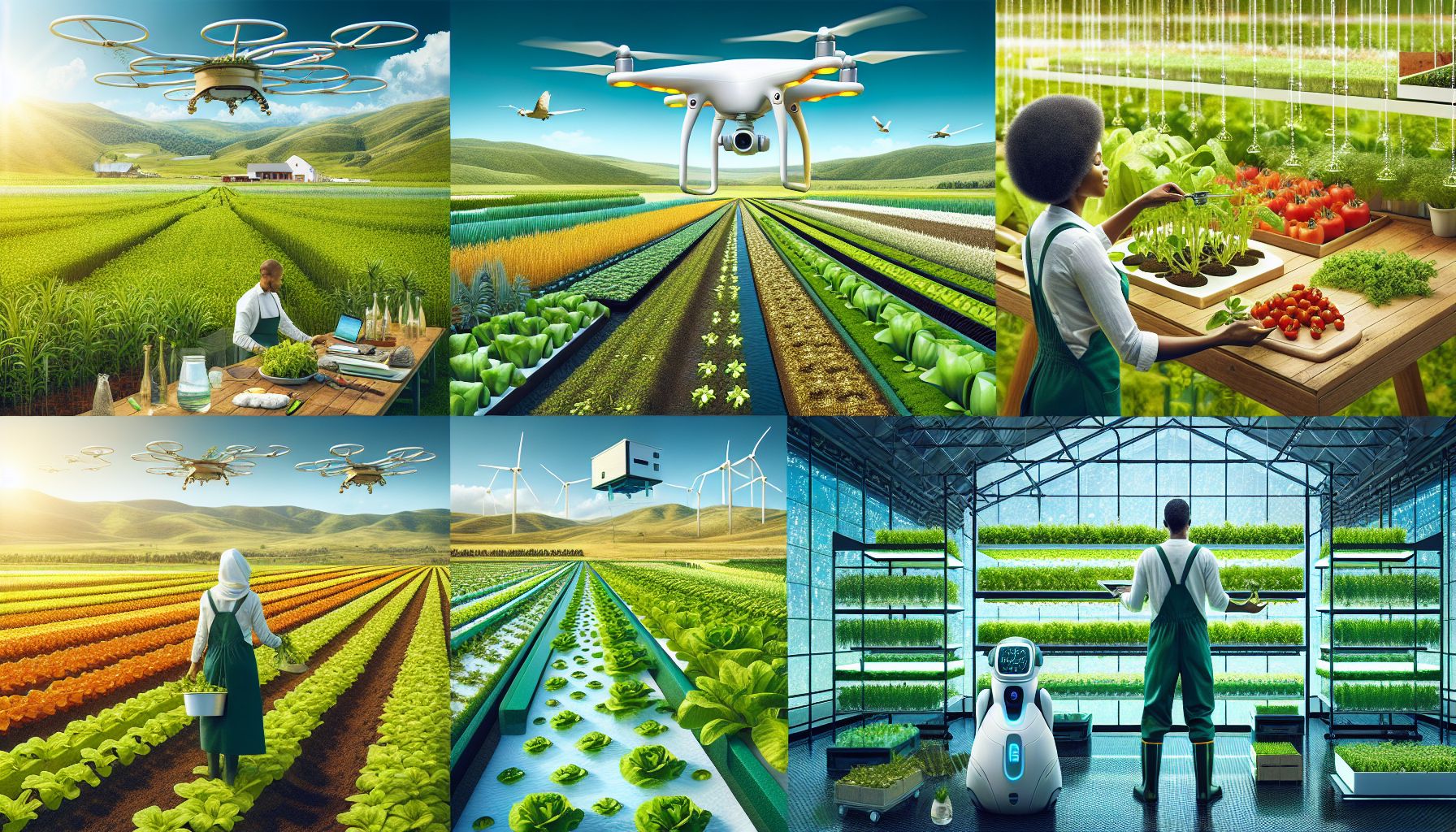Farming has been a fundamental part of human civilization for thousands of years, and it continues to play a crucial role in shaping our economies and ecosystems. However, as the global population grows and demands for food increase, modern farmers face significant challenges in meeting these needs while also protecting the environment. In this blog post, we will explore the latest trends in farming and how they are contributing to sustainable agriculture.
Sustainable farming practices have been gaining attention in recent years as people become more aware of the environmental impact of traditional farming methods. These practices focus on reducing the use of harmful chemicals and promoting soil health to produce healthy crops while minimizing the impact on the environment. One popular approach to sustainable farming is organic farming, which relies on natural fertilizers and pest control methods instead of synthetic chemicals. This not only protects the environment but also leads to healthier and more nutritious food for consumers.
Another trend in sustainable agriculture is the use of technology to improve farming practices. Precision farming, also known as smart farming, utilizes data and technology to optimize crop production and reduce waste. This includes techniques such as using sensors to monitor soil moisture and nutrient levels, and drones to survey fields and identify areas that need attention. By using technology to make informed decisions, farmers can improve their yields while reducing inputs and maximizing resources.
Despite these efforts, modern farmers still face numerous challenges in their daily work. One of the most significant challenges is climate change, which brings extreme weather conditions that can have a devastating impact on crops. Floods, droughts, and heatwaves can all cause crop failures, leading to financial losses for farmers. In addition, the increasing demand for food and the pressure to produce more can result in overworked soil, leading to nutrient depletion and reduced yields. These challenges, coupled with rising costs and decreasing profits, make it difficult for farmers to sustain their livelihoods.
Apart from economic and environmental concerns, farming also has a significant impact on the environment. Traditional farming methods, such as the use of pesticides and fertilizers, can pollute waterways and contribute to soil erosion. The livestock industry, which is an essential part of farming, also produces significant amounts of greenhouse gases. However, innovative practices such as regenerative agriculture, which promotes sustainable soil management, can help to mitigate these environmental impacts.
Looking towards the future, it is clear that sustainable farming is crucial for ensuring a healthy and thriving planet. As consumers, we can make a positive impact by supporting local and organic farming practices. We can also make an effort to reduce food waste and incorporate more plant-based foods into our diets. In addition, governments and policymakers must prioritize sustainable agriculture and provide support for farmers to adopt eco-friendly practices.
In conclusion, farming is a vital part of our lives, and it is essential to do it in a way that is beneficial for both the environment and our communities. As we continue to explore and embrace sustainable farming practices, we pave the way for a better future for generations to come. Let’s join hands in cultivating a sustainable future through responsible and ethical farming practices.

